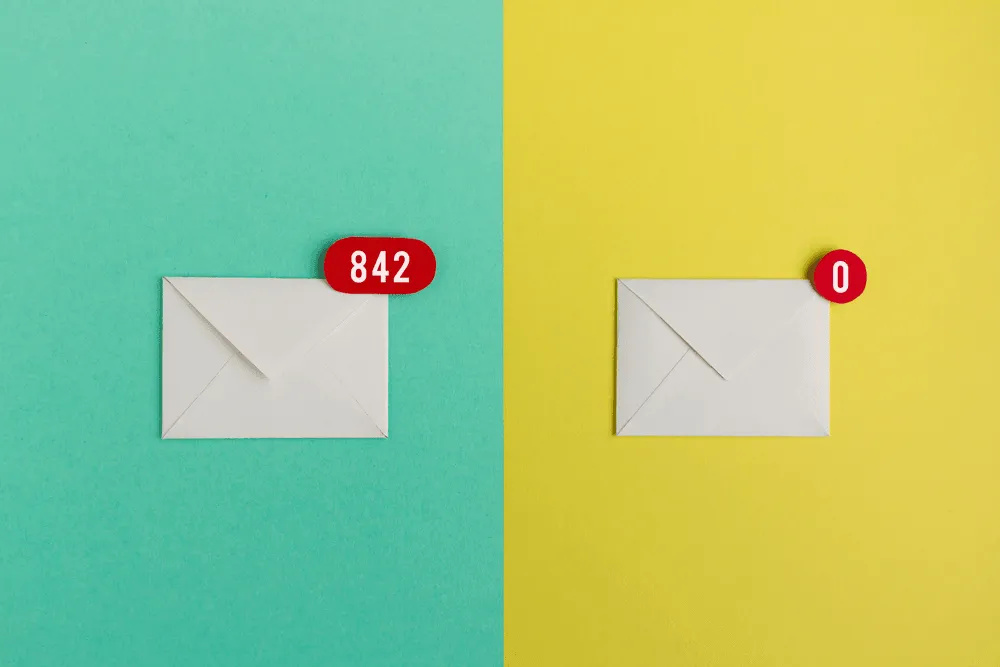Experts say the key is shifting our mindset to eliminate the stress we feel about our to-do list.

When stressful or difficult tasks land on our desks, they often linger on our to-do list as we keep putting them off, causing us to feel increasing levels of guilt. As a society that values productivity and efficiency, we’ve been conditioned to see this kind of procrastination as laziness. When we postpone a task, we blame ourselves for not having the drive to buckle down, and we end up feeling frustrated with our inability to get our work done. This all-too-common feeling, according to the New York Times, does not actually signal laziness — rather, it’s simply avoidance.
“We have literally become addicted to doing stuff all the time,” Paula Davis-Laack, J.D., M.A.P.P., a stress and resilience expert, tells the Times. “Organizations reward this, so it’s reinforced.” Davis-Laack notes that our always-on culture encourages us to keep working without giving ourselves time to recover, and so we dread the negative feelings that come with our next task, and procrastinate as a result. The key is to get ahead of our procrastination before it gets in the way of our motivation — and experts say eliminating those underlying feelings of stress needs to happen first.
Here are three ways to overcome procrastination before it happens to you:
Plan your breaks beforehand
Instead of sitting down and hoping you’ll accomplish all of your work in one go (which inevitably leads to dashed expectations and procrastination), research shows there’s value in mapping out timed breaks to incorporate into your work. David Rock, author of Your Brain at Work, says that these breaks allow our brains to “explore ideas” and “create new connections that can break through into our conscious awareness.” For optimal focus, Rock suggests concentrating on your work for 45 minutes at a time, and then taking a 15-minute break right afterwards.
Clear away devices
When we’re distracted by our devices, we suffer from “attention residue,” a term that refers to the lack of focus that results from transitioning from one task to another, says Sophie Leroy, Ph.D., a professor at the Michael G. Foster School of Business at the University of Washington. So whether you need to put your laptop in a drawer or turn on your phone’s “Do Not Disturb” mode, experts agree that taking unnecessary technology out of the equation is key when it comes to focusing on a project — and optimizing your attention span to do your best work on the task at hand.
Set a beginning intention
When we get overwhelmed by the volume of our work, we’re more likely to let our minds wander, simply because we feel unmotivated to get started (leading us to procrastinate). In these instances, it’s important to set an intention from the get-go. (Oprah Winfrey, for example, identifies a deliberate intention before every project she pursues, and she says that doing so has helped change the trajectory of her career.) Eliminating stress can help us prevent the procrastination that often follows, and by recognizing the purpose behind our work, we’re less likely to feel overwhelmed by its volume, Davis-Laack says. “Working to the extreme is often seen as a badge of honor, but you can’t positively adapt to stress if you’re consistently run-down.”
Follow us here and subscribe here for all the latest news on how you can keep Thriving.
Stay up to date or catch-up on all our podcasts with Arianna Huffington here.